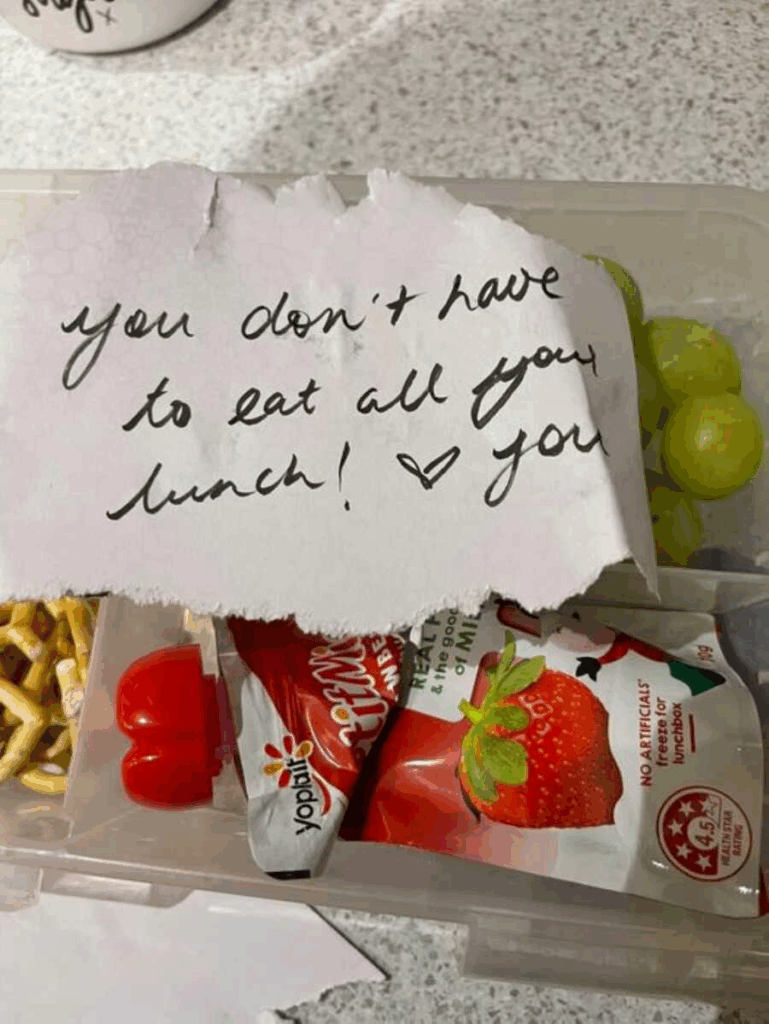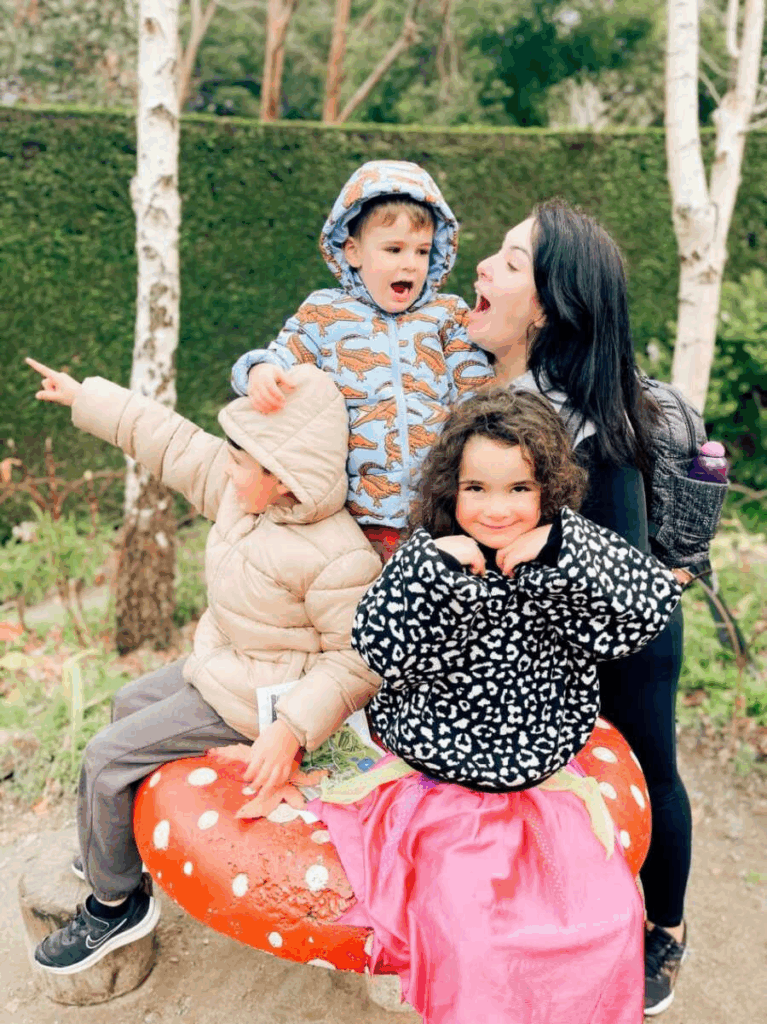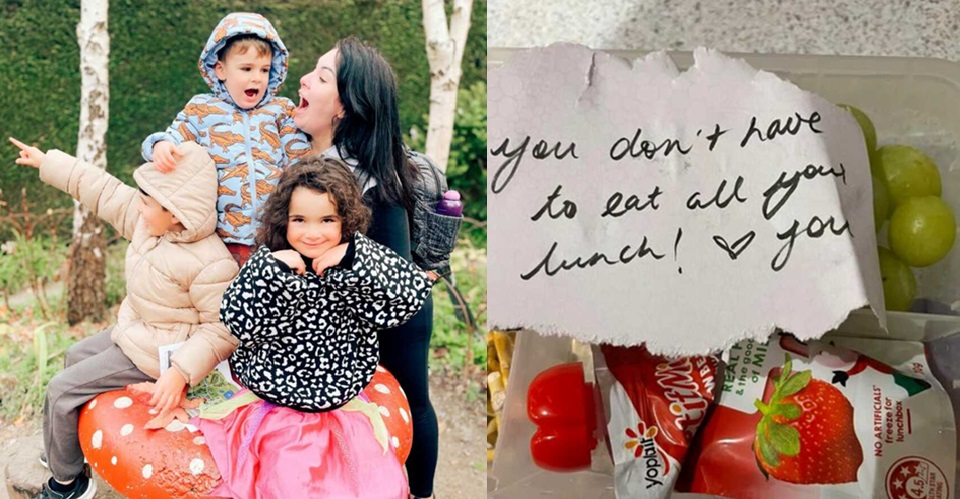When her child says he’s full, that’s the end of the meal, and the end of the pressure. She was packing her son’s lunch in the morning rush when she paused and wrote a small note. It said, in simple words, that he didn’t have to eat everything. She giggled at how different this was from the rules she grew up with. Her son often apologized for bringing food back home. She always asked, “Were you full?” When he said yes, she smiled and told him that was enough. The note on top of the lunchbox felt like permission she never got as a kid.
She could still remember staring at a plate that looked giant to her small body, pushing bites around until her throat felt tight. The rule was clear: could you finish it all? People tried to motivate her with guilt, repeating lines about hungry children somewhere else. Later, a friend from Africa told her how insulting that message felt. That stayed with her. Yes, food waste matters, she thought, but a child leaving a few grapes or half a muesli bar isn’t what’s breaking the planet. However, this could lead to various digestive issues, and or even an eating disorder, which mattered the most to her.

What did shape her, though, was the habit of ignoring her own fullness. As an adult, she had to learn the basics again, eat when hungry, stop when satisfied, and let her body talk. It wasn’t a quick fix. It took unlearning years of pressure and shame. She knew many grown-ups had walked that same hard path. So she set a quiet goal: her kids would not have to recover from their childhood dinner table. That meant changing the script. She didn’t make food a battle. She offered choices, kept portions small, and let seconds be an option, not a test. If he said he was done, he was done. If he came back hungry later, there were snacks ready. She taught him to check in with his stomach like a trusted friend. They saved leftovers, reused what they could, and composted peels. They talked about not throwing food away, but they did it without fear or blame.
Family gatherings brought challenges. A well-meaning relative might say, “Just one more bite for Grandma.” She would gently say, “If he’s full, he’s full.” People sometimes looked surprised. She stayed calm. She wasn’t judging anyone else’s choices but protecting her child’s relationship with food. She remembered how finishing every bite as a kid led to comments about her body, then diets, then more comments. She didn’t want that cycle to start for him.

There were little wins. He began leaving the table without guilt. He tried new foods more often because there was no pressure attached. Sometimes, he finished everything, and sometimes, he didn’t. Either way, it was normal. She learned to measure success differently, not by empty plates but by trust, energy, and joy. Dinner became conversation and connection, not a scoreboard. The note she wrote that day also felt like a message to her younger self: You were allowed to stop. She stuck it in her lunch, smiled at the bright compartments, and pictured him reading it at school. Maybe he’d eat it all. Perhaps he wouldn’t. What mattered was that he knew his body’s signals mattered more than a rule.
When people tried to push, she kept her answer simple. She didn’t debate nutrition charts or argue about etiquette. She repeated the sentence that had become a boundary and a blessing in their home. It was a short, clear, kind sentence she wished she had heard growing up.











